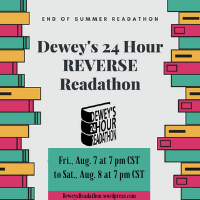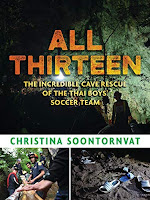I'm a Texas Master Naturalist. I've only been a master naturalist for about a year and a half. In all honesty, I'm not much of a scientist. But I love nature and science, and I love to learn about it.
I do know young children. I worked in a primary school for the last ten years of my career in schools.
So here's the story: I was working at an open house at the Brazoria National Wildlife Refuge. Some young children---probably three or four years old---were looking at our live snakes. I was holding a king snake. The children were fearful to approach the snakes. Don't worry, I told them. This snake is not poisonous.
One of the other volunteers at the refuge that day has been a volunteer for almost twenty years with the TMN. He's one of those sorts I've very nervous around, a degreed scientist. He comes across sometimes as condescending. Venomous, he corrected me. That snake is not poisonous; it's venomous. And he proceeded to pontificate on the difference between the words "venomous" and "poisonous." All said with one of those little smarty-pants smirks.
Inside I fumed. These kids are three years old, I thought. Is that really an important distinction? Wouldn't it be more important to use words the children know, and to use those words to make the children feel comfortable around snakes that don't threaten them? And to encourage me, a newbie and a nonscientist, to learn more about science? Not to make me feel like I don't belong?
That's my attitude to the classics. As a librarian, I've learned that many people have been confronted with others who have put them off reading, teachers primarily, who have made them feel small around books, others who have made them feel like reading is something they cannot do well, so perhaps they should just clear off the field and leave the reading to the experts.
Is that what we really want? Do we want people to step away from reading?
That certainly is not what I want. I want people to approach reading, to approach classics. I want people to try books, to try classics. I want people to feel like classics are something they can do, too. I don't want people to think classics are something only certain people can read, the well-educated, the big readers. I don't want people to think classics are only the books an elite group says they are. For many years that was true, and it forced many amazing books out of the canon, simply because they weren't acknowledged by the book experts.
My attitude to the Classics Club is that it is a wonderful way-in for people, a great way to read books that connect you to the best of the past, an excellent way to read and think about themes and experiences and feelings of the finest minds of our world. To join the Classics Club, you create your own list of at least fifty books you want to try to read in the next five years. These books can be any book you regard as a classic, a word you define for yourself. There is no one there telling you that this book is or is not a classic...you decide. Certainly, you may want to take a look at what books others have read and deemed a classic. But you can go beyond those definitions. You decide for yourself what classics you would like to try. You decide for yourself what a classic is. You know. You don't need me or Italo Calvino ("A classic is a book to which you cannot remain indifferent, and which helps you define yourself in relation or even in opposition to it”) or Mark Twain ("a book, which people praise and don't read").
Becoming part of the Classics Club allows you to expand your ideas of what you can do, to push yourself a bit farther than you thought you can go. It's not a way of saying, Hey, I'm better than you. It's a way of saying, Here are some amazing books that people have read and reread and shared for many, many years...Do you want to try some of these, too? And, hey, tell me what you consider a classic, and share books you have read and loved that may have been overlooked.
What do you think? Am I wrong? What makes a book a classic? What are your thoughts about reading classics? Do you think people find classics too intimidating? What books would you consider classics? What is stopping you from joining the Classics Club?










































